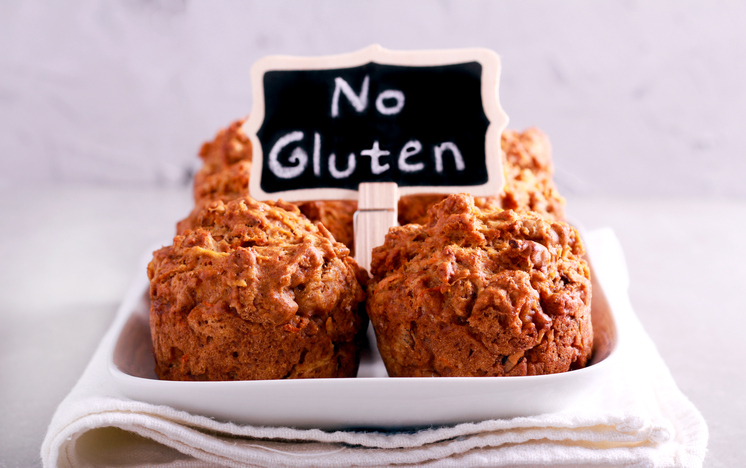Many foods promoted as “gluten-free” in Melbourne eateries contain levels of gluten that can be dangerous to people suffering from coeliac disease, a survey of 127 restaurants has found.

The findings, published in the Medical Journal of Australia on Monday, found that of 158 samples of “gluten-free” dishes from 127 randomly selected restaurants within the city of Melbourne council, 9% contained detectable gluten and were not compliant with the Food Standards Australia New Zealand definition of gluten-free.
The study was led by Dr Jason Tye-Din, laboratory head at the Walter and Eliza Hall Institute of Medical Research, and a gastroenterology consultant at Royal Melbourne hospital.
He said even “just a few crumbs” of foods containing gluten could be harmful over time and lead to impaired growth in children or some types of cancers. But his research team found some restaurant staff did not even know which grains contained gluten.
“Lots of staff believed that spelt was gluten free for example, and maybe this is because it is often promoted as an alternative to wheat,” Tye-Din said. “But it is not safe for people with coeliac disease.”
Lack of knowledge
There was also a lack of knowledge about what the Food Standards Australia New Zealand standards were. Only 10% of food service staff had good knowledge of its code, the study found.
“Franchise businesses tended to do better when questioned about coeliac disease and we speculate perhaps this is because their staff get uniform training and there is a higher degree of consistency,” Tye-Din said.
“Some customers are now starting to specify to waitstaff they have coeliac disease because they feel as though they might be lumped into those who follow a gluten-free diet less strictly. But they shouldn’t have to specify and it shouldn’t matter why someone is gluten-free. If a restaurant says something is gluten-free, then it should be.”
Educated and empowered
Tye-Din said he and his colleagues undertook the study after being baffled by patients who were not getting better despite following a strict gluten-free diet.
He said while it may be safer for those with coeliac disease to avoid eating out, this was not realistic and would affect their quality of life. Rather, restaurants should be educated and empowered to provide safe food.
A city of Melbourne councillor, Beverley Pinder, said the council was working with the food businesses that failed to meet requirements to help them to train staff and investigate their suppliers.
“We want to safeguard members of the public who need to follow a gluten-free diet, as well as business owners who want to provide this option,” Pinder said.
“We want everyone who visits a food business across the city of Melbourne to feel safe and to know that if something says it’s gluten-free, it actually is.”
Source: The Guardian
